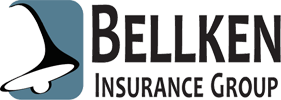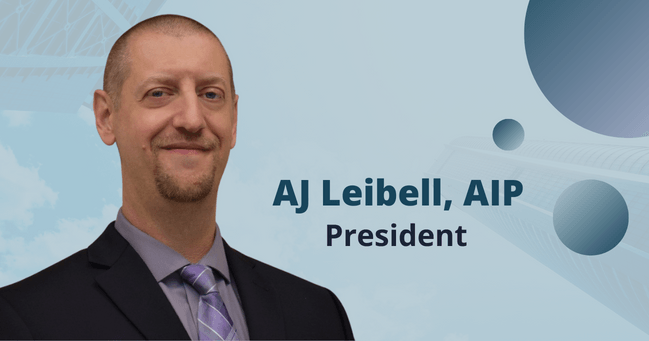Florida Insulation Contractor Insurance
8:30am - 5:00pm Mon-Fri
Will Reply in 15min*
Top Recommended Business Insurance Policies

Index
Current Landscape of Florida’s Insurance Market
Why Insulation Contractors Need Specialized Insurance
Key Insurance Coverages for Florida Insulation Contractors
How Market Trends Affect Insurance Costs for Contractors
Tips for Small Insulation Contractors to Secure the Right Insurance
What to Remember About Florida’s Insurance Market for Contractors
Contact Us
Phone
Location
Florida’s property insurance market has seen notable changes recently, creating a new environment for small business owners, including insulation contractors. After years of losses, Florida's insurance market posted its first underwriting profit in eight years in 2024, signaling a shift that could affect coverage availability and pricing for contractors in the state. Understanding how these developments impact insurance options is essential for insulation contractors aiming to protect their business, employees, and clients effectively.
With Florida homeowners filing over 70% of all property insurance lawsuits nationwide, the legal landscape remains challenging. Yet, reforms and new market entrants are gradually reshaping the insurance scene. This article explores what insulation contractors need to know about insurance in Florida, covering market trends, coverage essentials, and practical tips for securing the right protection.
Current Landscape of Florida’s Insurance Market
Florida’s insurance market has long been under pressure due to frequent hurricanes, high litigation rates, and rising claims costs. However, 2024 marked a turning point with the market achieving its first underwriting profit in eight years. This milestone reflects a combination of legislative reforms, market adjustments, and new insurer participation.
One key factor behind this improvement was the significant reduction in defense and cost-containment expenses, which dropped from 8.4 in 2022 to 3.1 in 2023. This decline indicates fewer litigation-related costs, helping insurers stabilize their financial footing. According to Mark Friedlander from the Insurance Information Institute, these tort reforms enable insurers to write profitable policies across Florida, despite ongoing hurricane risks.
Additionally, the Florida Office of Insurance Regulation approved eight new property insurers in 2024, signaling increased competition and more options for policyholders. For insulation contractors, this means a better chance of finding tailored coverage at competitive rates. The Insurance Information Institute also reported that average home insurance premiums in Florida were $3,340 in 2023, significantly lower than earlier projections of $6,000, thanks largely to legal reforms.
Moreover, the introduction of advanced risk assessment technologies has played a pivotal role in reshaping the insurance landscape. Insurers are now utilizing sophisticated data analytics to evaluate properties more accurately, allowing them to offer personalized premiums based on specific risk factors. This shift not only benefits consumers by providing more equitable pricing but also enhances the overall stability of the market by enabling insurers to better manage their risk exposure. As a result, homeowners are increasingly encouraged to invest in preventive measures, such as storm-resistant upgrades, which further mitigate potential losses during severe weather events.
In addition to these technological advancements, community engagement initiatives have also emerged as a vital component of Florida's insurance reform efforts. Local governments and insurance companies are collaborating to educate residents about disaster preparedness and the importance of maintaining adequate coverage. Workshops and informational campaigns aim to empower homeowners with knowledge about their policies and the steps they can take to protect their properties. This proactive approach not only fosters a more informed public but also strengthens the resilience of communities against future natural disasters, ultimately benefiting the insurance market as a whole.
For more details on these reforms and market changes, visit
Active Property Care’s report on Florida’s insurance market.
Why Insulation Contractors Need Specialized Insurance
Insulation contractors face unique risks that general business insurance may not cover adequately. These risks include property damage during installation, workplace injuries, and potential liability from faulty workmanship. Without proper insurance, contractors expose themselves to costly claims that can jeopardize their business.
General liability insurance is a must-have for insulation contractors. It covers bodily injury, property damage, and legal defense costs if a client or third party sues. However, many contractors also benefit from additional policies such as workers’ compensation, commercial auto insurance, and equipment coverage. Workers’ compensation is particularly crucial, as it provides financial support for employees injured on the job, ensuring they receive necessary medical care while protecting the contractor from lawsuits related to workplace injuries.
Given Florida’s heightened litigation environment, contractors should consider policies that include robust legal defense coverage. The state’s high rate of lawsuits—Florida homeowners filed 71.4% of all property insurance lawsuits nationwide in 2024—makes legal protection a critical aspect of any insurance plan. This trend emphasizes the importance of not only having insurance but also understanding the specific coverage limits and exclusions that could impact a contractor’s financial stability in the event of a claim.
Sean Kevelighan, CEO of the Insurance Information Institute, notes that insurers are increasingly interested in doing business in Florida due to its growth and the potential for a more stable market. This optimism could translate into more insurance options designed specifically for contractors operating in the state. As the market evolves, insulation contractors should stay informed about new offerings and tailor their insurance portfolios to meet their specific operational needs, ensuring they are well-protected against emerging risks.
Additionally, contractors should consider the importance of risk management practices in conjunction with their insurance policies. Implementing safety training programs, conducting regular equipment inspections, and maintaining clear communication with clients can significantly reduce the likelihood of accidents and claims. By fostering a culture of safety and accountability, insulation contractors not only protect their business but also enhance their reputation in a competitive market. This proactive approach can lead to lower insurance premiums over time, creating a win-win scenario for both the contractor and their clients.
Learn more about the evolving insurance climate from the
Insurance Information Institute’s insights on Florida reforms.
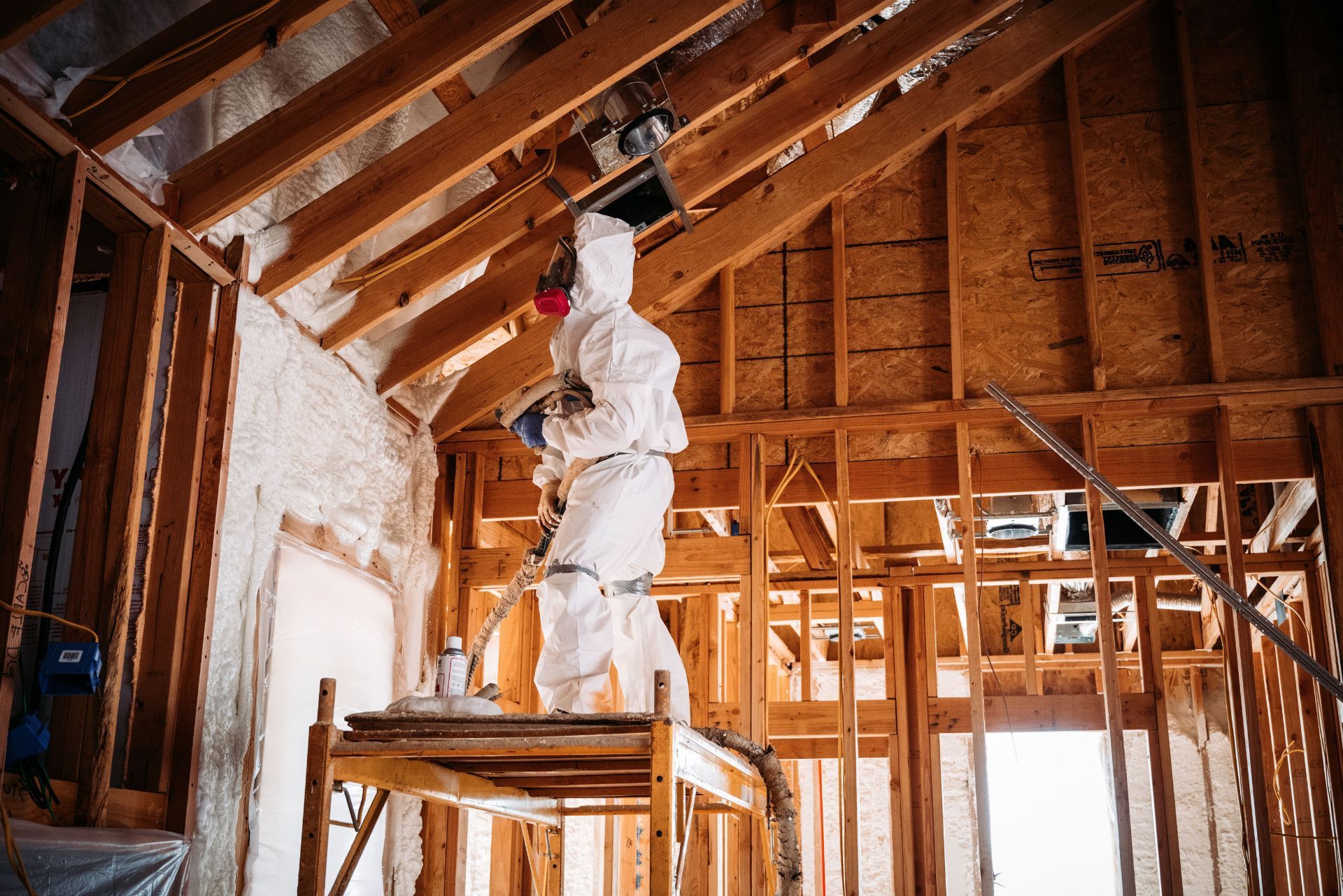
Key Insurance Coverages for Florida Insulation Contractors
General Liability Insurance
This coverage protects against claims of bodily injury and property damage caused by your business operations. For insulation contractors, this might include damage to a client’s property during installation or injuries to visitors on the job site. Additionally, general liability insurance can cover legal fees associated with defending against such claims, which can be particularly beneficial in the event of a lawsuit. This type of insurance not only safeguards your business financially but also enhances your credibility with clients, as it demonstrates a commitment to professionalism and responsibility.
Workers’ Compensation Insurance
Florida law requires most businesses with employees to carry workers’ compensation insurance. This coverage pays for medical expenses and lost wages if an employee is injured on the job, which is especially important in physically demanding trades like insulation installation. Moreover, workers’ compensation can provide rehabilitation benefits to help injured workers return to their jobs as quickly and safely as possible. By investing in this coverage, insulation contractors not only comply with legal requirements but also foster a safer work environment, which can lead to higher employee morale and retention rates.
Commercial Auto Insurance
If your business uses vehicles for transporting materials or traveling between job sites, commercial auto insurance is necessary. It covers accidents involving business vehicles, protecting your assets and employees. This insurance can also extend to cover liability for damages caused by employees driving company vehicles, ensuring that your business is protected from potential financial losses due to accidents. Furthermore, having commercial auto insurance can provide peace of mind, allowing contractors to focus on their work without the constant worry of unforeseen incidents on the road.
Tools and Equipment Coverage
Insulation contractors rely on specialized tools and equipment that can be costly to replace. Coverage for tools and equipment protects against theft, damage, or loss, ensuring your business can continue operating smoothly. This type of insurance can also cover rented equipment, which is often used in the insulation industry. By securing tools and equipment coverage, contractors can minimize downtime and avoid the financial strain of unexpected repairs or replacements, allowing them to maintain productivity and meet client deadlines without interruption.
Professional Liability Insurance
Also known as errors and omissions insurance, this coverage protects against claims arising from mistakes or negligence in your work. While not always mandatory, it can be valuable for contractors who provide design or consulting services related to insulation. This insurance can cover legal costs and settlements if a client claims that your advice or services led to financial loss. As insulation projects often involve complex specifications and compliance with building codes, having professional liability insurance can provide an added layer of protection, allowing contractors to operate with confidence and focus on delivering high-quality results for their clients.
How Market Trends Affect Insurance Costs for Contractors
Insurance premiums in Florida have been influenced by several factors, including inflation, material costs, and claim frequency. In 2025, construction insurance premiums rose by 9.3%, driven by wage inflation, material price volatility, and increased claims. Insulation contractors should expect some upward pressure on their insurance costs as these trends continue. The construction industry, particularly in a state like Florida, is also subject to unique environmental risks, such as hurricanes and flooding, which can further complicate the insurance landscape. These natural disasters not only increase the frequency of claims but also lead to higher reinsurance costs, which are often passed down to contractors in the form of increased premiums.
Despite these increases, legislative reforms targeting fraud and litigation abuse have helped keep premium growth in check. For example, average home insurance premiums were 80% less than initially projected in 2023, thanks to these reforms. This suggests that while costs may rise, the market is becoming more stable and predictable. Additionally, the introduction of new technologies in the construction sector, such as drones for site inspections and advanced project management software, can lead to improved risk management practices. By adopting these innovations, contractors may not only enhance their operational efficiency but also potentially lower their insurance costs over time, as insurers often reward proactive risk management with favorable premium rates.
Understanding these dynamics helps contractors budget appropriately and seek insurance policies that balance cost with comprehensive coverage. It also highlights the importance of working with insurers familiar with Florida’s unique risks and legal environment. Contractors should consider engaging with insurance brokers who specialize in construction to navigate the complexities of coverage options and ensure they are adequately protected against both common and unforeseen risks. Furthermore, as the market continues to evolve, staying informed about emerging trends and legislative changes will be crucial for contractors aiming to maintain their competitive edge while managing insurance expenses effectively.
For a deeper dive into construction insurance statistics and trends, visit
CoinLaw’s construction insurance overview.
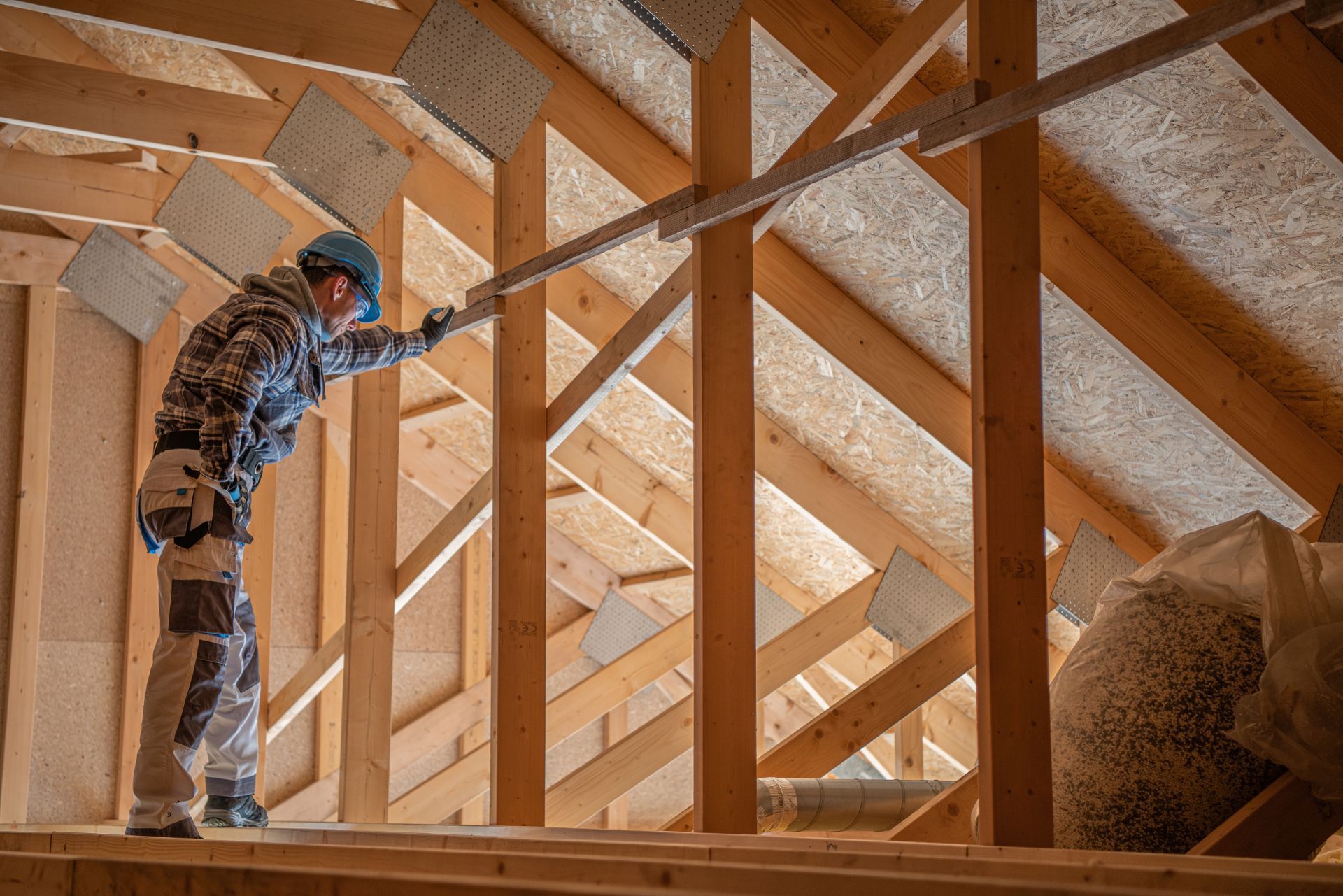
Tips for Small Insulation Contractors to Secure the Right Insurance
Choosing the right insurance can be overwhelming, but a few practical steps can make the process smoother and more effective.
- Assess Your Risks: Identify the specific risks your business faces, such as job site hazards, vehicle use, and client interactions. This will help you select appropriate coverages.
- Shop Around: With new insurers entering Florida’s market, comparing quotes from multiple providers can uncover better rates and coverage options.
- Understand Policy Details: Review coverage limits, exclusions, and deductibles carefully. Make sure your policy covers the full scope of your operations.
- Consider Legal Environment: Given Florida’s high litigation rates, prioritize policies with strong legal defense provisions.
- Work with Experienced Brokers: Insurance agents familiar with Florida’s construction and contractor markets can provide valuable guidance tailored to your needs.
Sean Kevelighan from the Insurance Information Institute emphasizes that insurers are hopeful about expanding business in Florida as reforms take hold. This optimism means contractors may find more willing insurers and improved terms in the near future.
Additionally, it is essential to stay informed about industry trends and changes in regulations that could impact your insurance needs. For example, as sustainability becomes a focal point in construction, many insurers are beginning to offer specialized policies that cater to green building practices. This could not only enhance your business's reputation but also provide you with unique coverage options that align with modern construction methods.
Networking with other contractors can also be beneficial. Engaging in local trade associations or online forums allows you to share experiences and gather insights about insurance providers that have worked well for others in your field. This collective knowledge can guide you toward making informed decisions and potentially lead to better insurance deals through group purchasing options or referrals.
What to Remember About Florida’s Insurance Market for Contractors
Florida’s insurance market is evolving after years of challenges. The combination of legal reforms, new market entrants, and reduced litigation expenses is creating a more favorable environment for small business owners, including insulation contractors.
While risks remain—especially from hurricanes and high litigation rates—contractors who understand the market and secure comprehensive insurance coverage will be better positioned to protect their businesses and thrive.
Keeping informed about market trends and maintaining open communication with insurance professionals can help insulation contractors navigate Florida’s unique insurance landscape successfully.
For ongoing updates on Florida’s insurance market and reforms, check out the
Insurance Information Institute’s latest reports.
Frequently Asked Questions
Q: Is general liability insurance mandatory for insulation contractors in Florida?
A: While not legally required, general liability insurance is highly recommended to protect against property damage and injury claims.
Q: Do I need workers’ compensation insurance if I have employees?
A: Yes. Florida law generally requires businesses with employees to carry workers’ compensation insurance.
Q: How do recent legal reforms affect my insurance premiums?
A: Legal reforms have reduced litigation costs, helping to stabilize and sometimes lower insurance premiums in Florida.
Q: Can new insurers offer better rates for my contractor insurance?
A: Yes. The entry of new insurers into Florida’s market increases competition, which can lead to more competitive pricing and options.
Q: What should I look for in a contractor insurance policy?
A: Look for coverage that fits your specific risks, including liability, workers’ compensation, commercial auto, and equipment protection.
Q: How often should I review my insurance coverage?
A: It’s best to review your insurance annually or after significant changes in your business operations.
